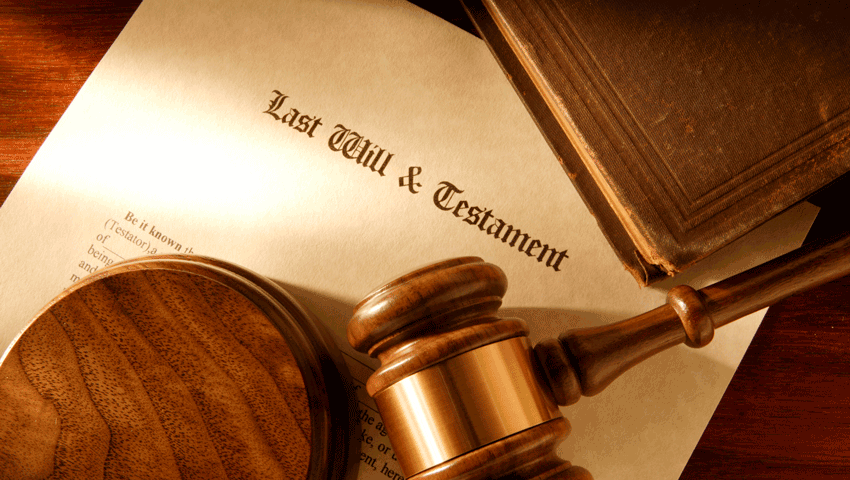
The finding of undue influence is heavily dependent on the facts of any given case. In order to prove undue influence, the challenger must find and marshal the evidence that will convince the judge that the executor had at least some diminished capacity and that the wrongdoer exerted such influence in a way that effectively stripped the subject of his or her own free will. What evidence is needed in order to be successful in such a claim? The answer is, of course, different for every case, but certain types of evidence are consistently used. Medical evidence, when available, can be highly persuasive. However, the case in which the testator visited a physician or psychiatrist at or around the time the estate plan was signed is by no means common. It would, of course, be every litigator’s dream to find that one “smoking gun” medical report that stated unequivocally that the testator suffered from dementia, had severe cognitive limitations, or even better, that the individual could not or should not sign any legal documents including an estate plan. Having that type of evidence, however, is certainly not the norm. Instead, the challenger will need to piece together evidence from different physicians in hopes of presenting a consistent argument that the individual at least had some diminished capacity from a medical perspective.
Testimony from friends and relatives who knew the testator well and spent time with the individual at or around the time of the estate planning signing can also be extremely persuasive. A layperson’s observations of not only the testator but also the relationship between the testator and the alleged undue influencer will help to carry the day. Other evidence may also help in the cause, including diaries of the testator—that may show some unreasonable or delusional thinking. Sometimes letters or emails may also assist in putting the pieces of the puzzle together in hopes of showing undue influence.
Each case is different and each case requires a careful and deliberate discovery process to discover the facts and then, of course, to present them in a persuasive manner to the court,

